Stress often wakes me up in the middle of the night — why it happens and how sound therapy is helping me sleep better
This World Mental Health Day, I explore the deep links between stress and sleep
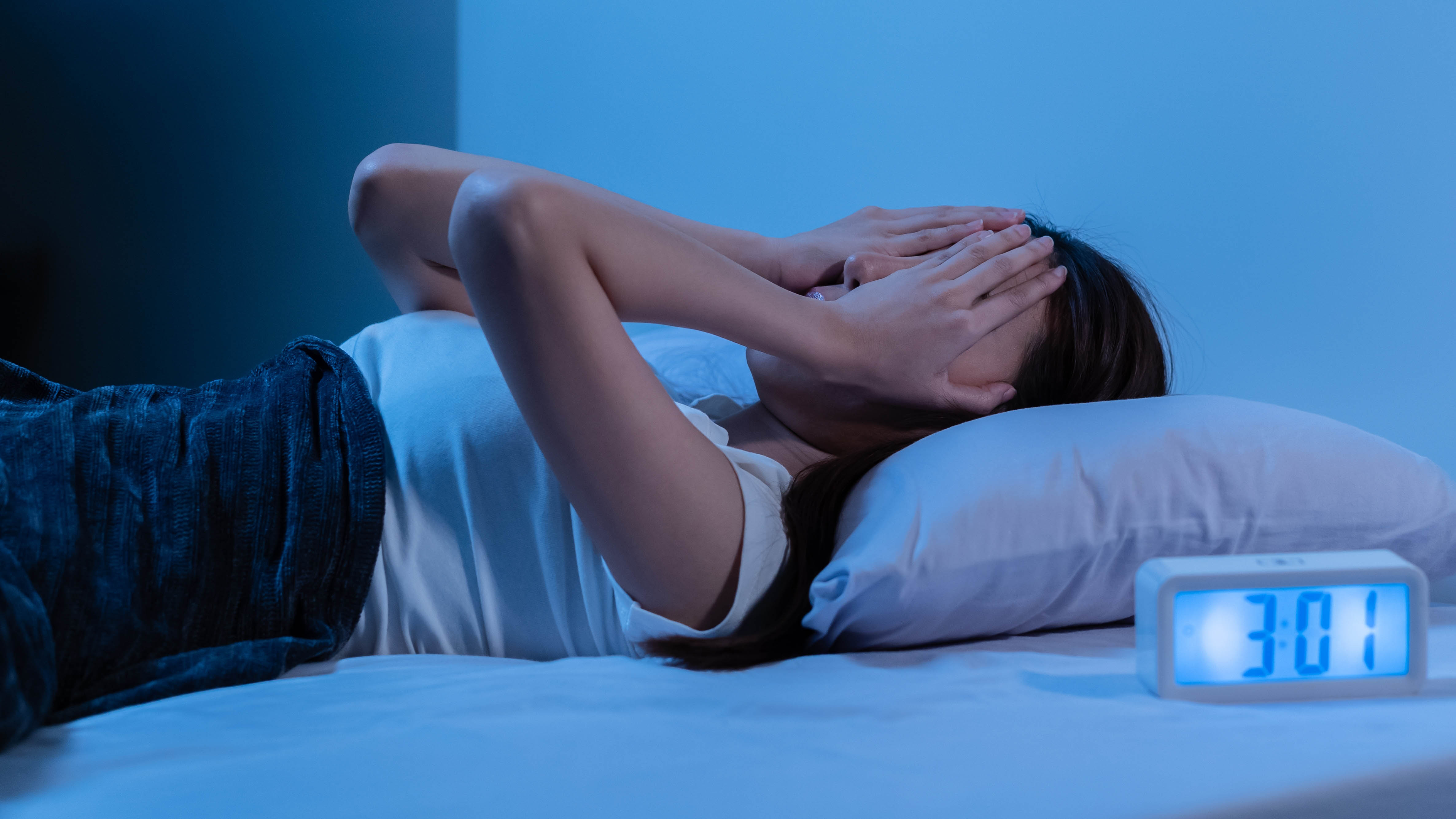
Stress has a tendency to sneak up on me. One minute I'm perfectly relaxed, the next it's 3am and I'm staring at the ceiling, with some nebulous, undefined worry keeping me awake. Is stress stopping my sleep without me even realizing?
Underlying stress can be hard to deal with — you can't fix a problem when there's no obvious cause. I've experimented with many ways to reduce stress before bed, including sound therapy, which allows me to target the stress I'm not aware of.
But for World Mental Health Day, I wanted to get to the bottom of how stress can affect sleep, and whether underlying worries can cause temporary insomnia. To learn more, I spoke to Henry Penix and ND Paul Harris, CEO and Medical Director at Soaak Technologies, to uncover the links between stress and sleep.
My experience of underlying stress and sleep
I don't think of myself as a particularly stressed person. I'm good at dealing with problems as and when they occur, then putting worries to the back of my mind until they need to be dealt with again.
But sometimes when I've felt calm during the day, the worries will reveal themselves overnight. I'll toss and turn, plagued by anxious dreams, wake up frequently, and clench my jaw so tight I can feel it in my teeth the next day. The cause is stress, even if I can't trace my insomnia back to any obvious stressful event.
The cause is stress, even if I can't trace my insomnia back to any obvious stressful event.
Underlying stress is the result of, for lack of a better term, the 'little things'. The daily issues that you don't realize are bothering you find yourself short tempered, struggling to concentrate, or, as in my case, unable to fall asleep. And as someone who usually gets around eight hours snooze a night, these periods of temporary insomnia are troublesome.
For a while, the lack of obvious trigger meant I struggled to identify this insomnia as the result of stress. But as much as I'd love to say there's nothing stressful in my life, everyone has little worries that can pile up without us realizing. And when this happens, stress can disrupt your sleep without you noticing.
Sign up to get the BEST of Tom's Guide direct to your inbox.
Get instant access to breaking news, the hottest reviews, great deals and helpful tips.
How does stress affect sleep — even if you think you aren’t stressed?
To understand the role stress plays in sleep, you have to start with the hormone cortisol. "Cortisol works as your wake up call," explains Dr. Paul Harris, Medical Director at Soaak Technologies. "When you get up in the morning, your cortisol levels are elevated, and that wakes you up."
Throughout the day your cortisol levels remain high enough to keep you awake and alert (and you can increase your cortisol levels by, for example, having a cup of coffee). As the day progresses cortisol levels gradually dip and your body release the sleep inducing hormone melatonin, preparing you for rest. The next morning, the cycle starts again.
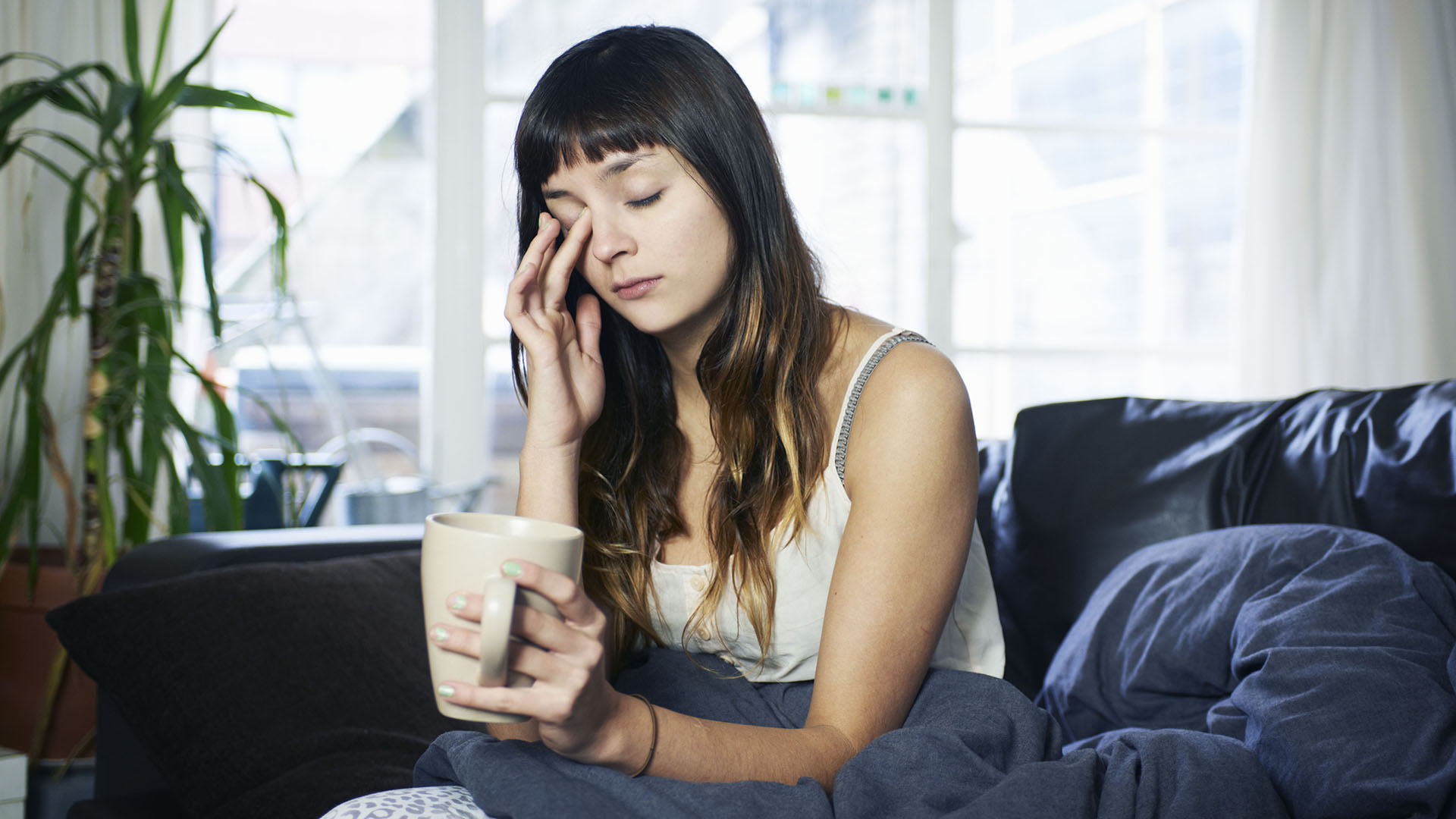
But stress throws a spanner in the works. "The job of the limbic system is to determine 'this is a threat,' 'this is a non threat'," explains Dr. Harris. "If it's a threat, the limbic system activates the sympathetic branch of the nervous system through the amygdala, the amygdala makes a phone call to your adrenal cortex, then the adrenal gland produces adrenaline and cortisol. That's your wake up call. That's the fight or flight."
Once the stressful situation has passed, your cortisol levels should return to normal. But let's be honest — modern life is full of many stressors, and they're rarely fleeting problems. These never ending stressors keep your limbic system locked in fight or flight mode.
That's your wake up call. That's the fight or flight
Dr. Paul Harris
"The limbic system never gets the all clear signal. It doesn't reset. The foot remains on the accelerator, and as a result, you continue to inappropriately produce cortisol and adrenaline," says Dr. Harris. "That has a definite negative effect, contributing to hypertension. You can never rest."
Maybe you don't have the panic of a sudden deadline or an unexpected bill, but many of us do have the underlying stressors of eventual deadlines and upcoming bills. And with your limbic system always ready to respond to that perceived threat, you're stressed and you don't even know it. Until it's waking you up in the middle of the night, that is.
Sound therapy is helping me stress less, sleep more
As my stress response rarely seems linked to any obvious, actionable stressors, I've always found it hard to remove the problem from my sleep. That's why I decided to try a new approach — sound therapy.
The Soaak sound therapy app uses sound frequencies to induce or enhance certain emotions and behaviors, such as calm, creativity, and sleep. Each therapy consists of several sound frequencies, combined to create an overall sound. One that I would best describe as 'noise'.
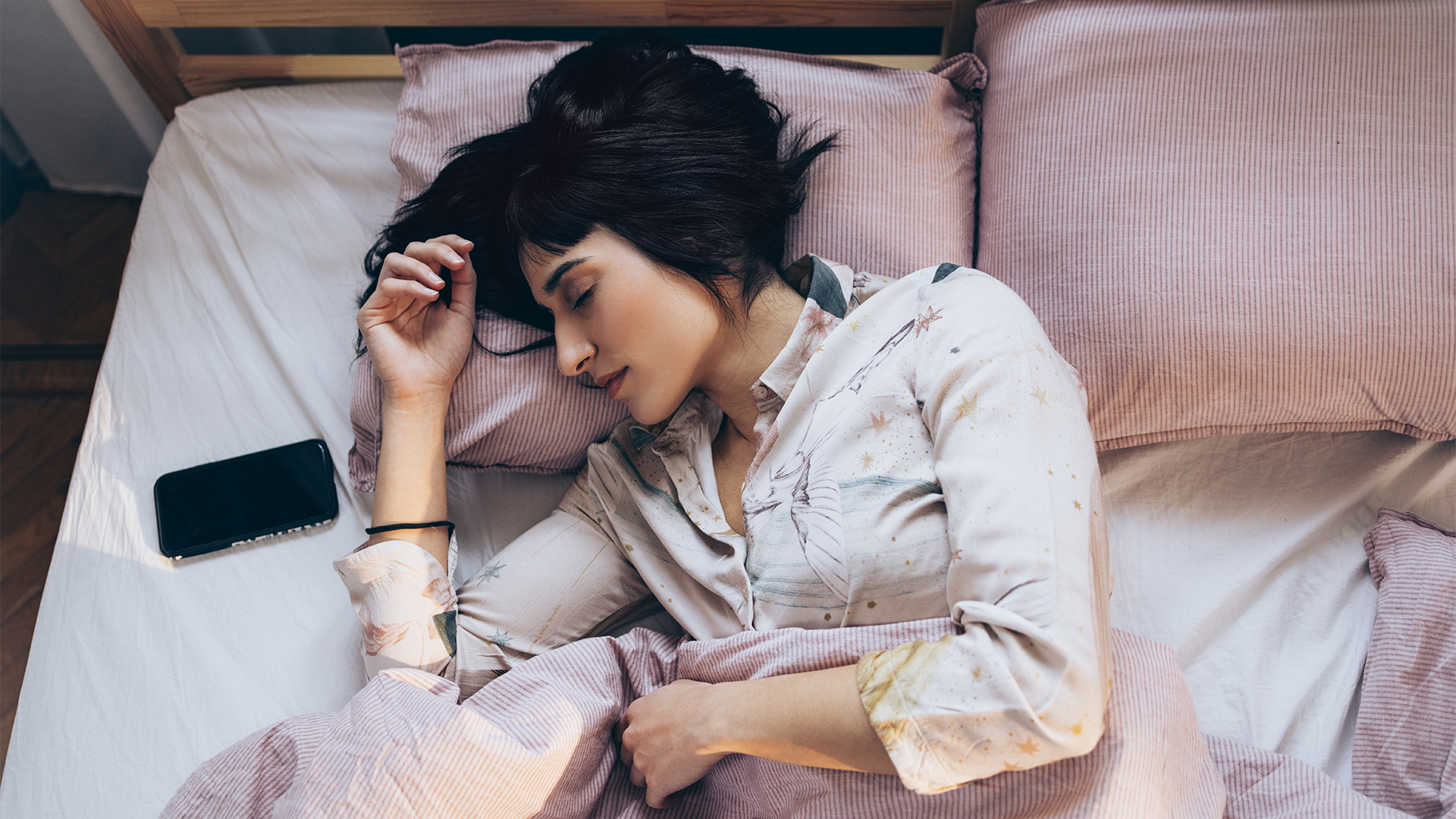
I have experience using green noise for sleep, and the almost discordant sound of the Soaak frequencies took me by surprise — even Soaak CEO Henry Penix describes it as "a little rough to listen to". It's no lullaby, and with multiple oscillating noises coming from my nightstand, I struggled to imagine how this would help me drift off.
But after a few days of use, I began to look forward to the sleep frequency. It's surprisingly easy to tune out, fading into the background after just moments. I haven't woken up with a clenched jaw since using Soaak, nor tossed and turned through panicked dreams. As I don't have chronic sleep problems, it's hard to say the issue is fixed. However, I don't plan on giving up the sound therapy.
So how does it work? Soaak sound frequencies were explained to me like this: when you hold one vibrating tuning fork next to another, they start to resonate at the same frequency. That's what the Soaak sound therapies are doing but to your cells.
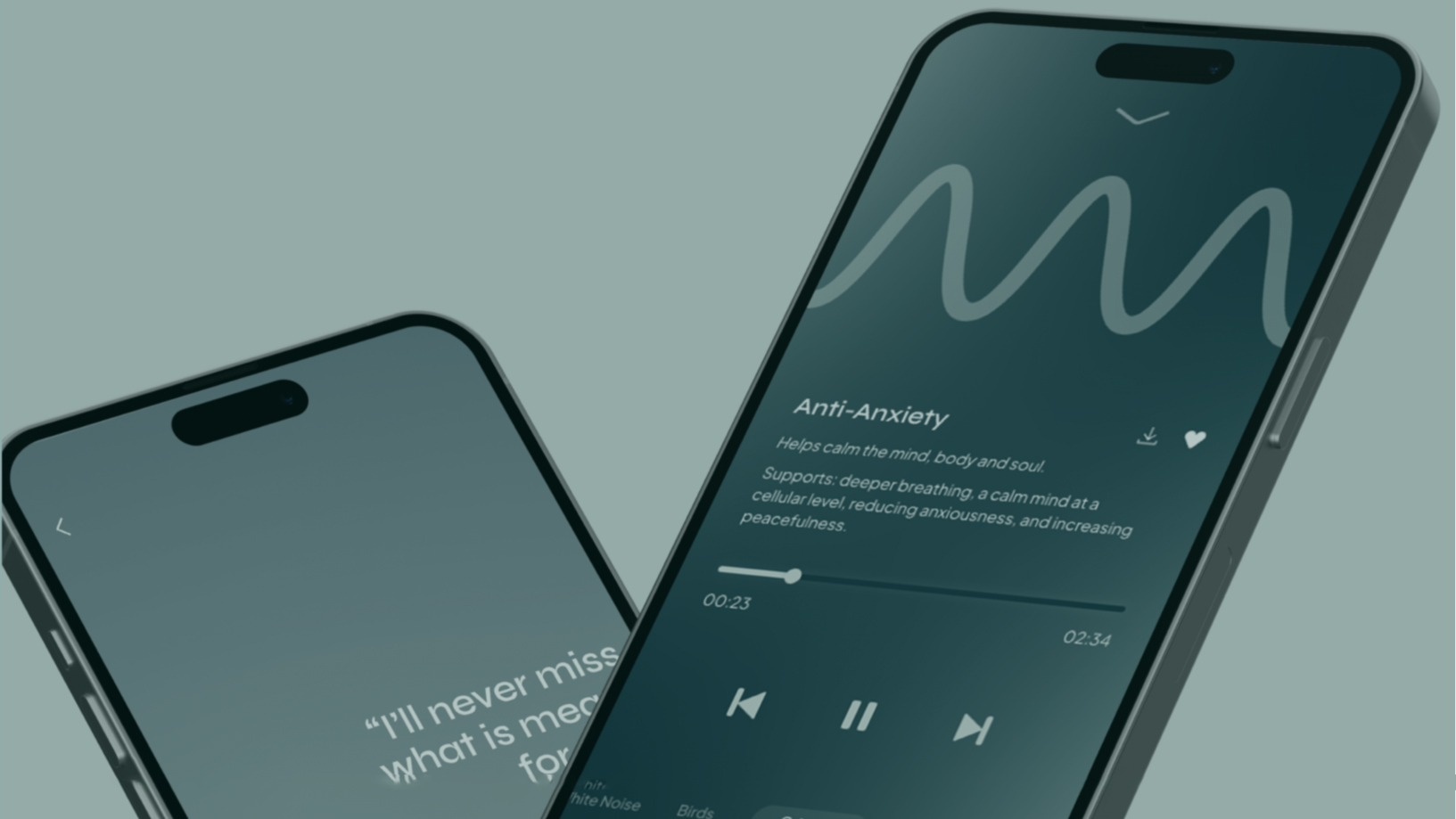
"We've found the frequencies that will make your cells oscillate at a certain vibration. So if you're experiencing anxiety or depression, and your cells are oscillating at a certain rate, rhythm, etc, we will play a Soaak sound frequency next to those cells," explains Henry. "The two start to resonate."
And because the Soaak sounds can't change, your cells are the ones to adapt. "Through sympathetic resonance, your depressive frequency comes up to a non depressive frequency," Henry says.
How to sleep better when you're stressed
Stress can affect your sleep, but sleep can also help reduce stress. "A lot of people that we see that come in for anxiety or depression or low energy or brain fog simply need a good night's sleep," explains Henry. "Sleep is really the jumping off point." So how can we get more sleep when we're already stressed?
1. Wind down before bed
A good nighttime routine helps you relax, making it easier to fall asleep and stay asleep. To build your routine, pick a few activities that you find calming, such as reading a book or taking a bath, and make them the focus of your evening. By the time you climb into bed, you should be ready to drift off.
2. Try meditation for muscle relaxation
Progressive muscle relaxation encourages you to systematically clench then relax the muscles across your body. This has two big benefits for those struggling to sleep due to stress. First, it loosens the muscles, easing the tension in your body. Second, it distracts the mind from racing thoughts that might otherwise keep you awake.
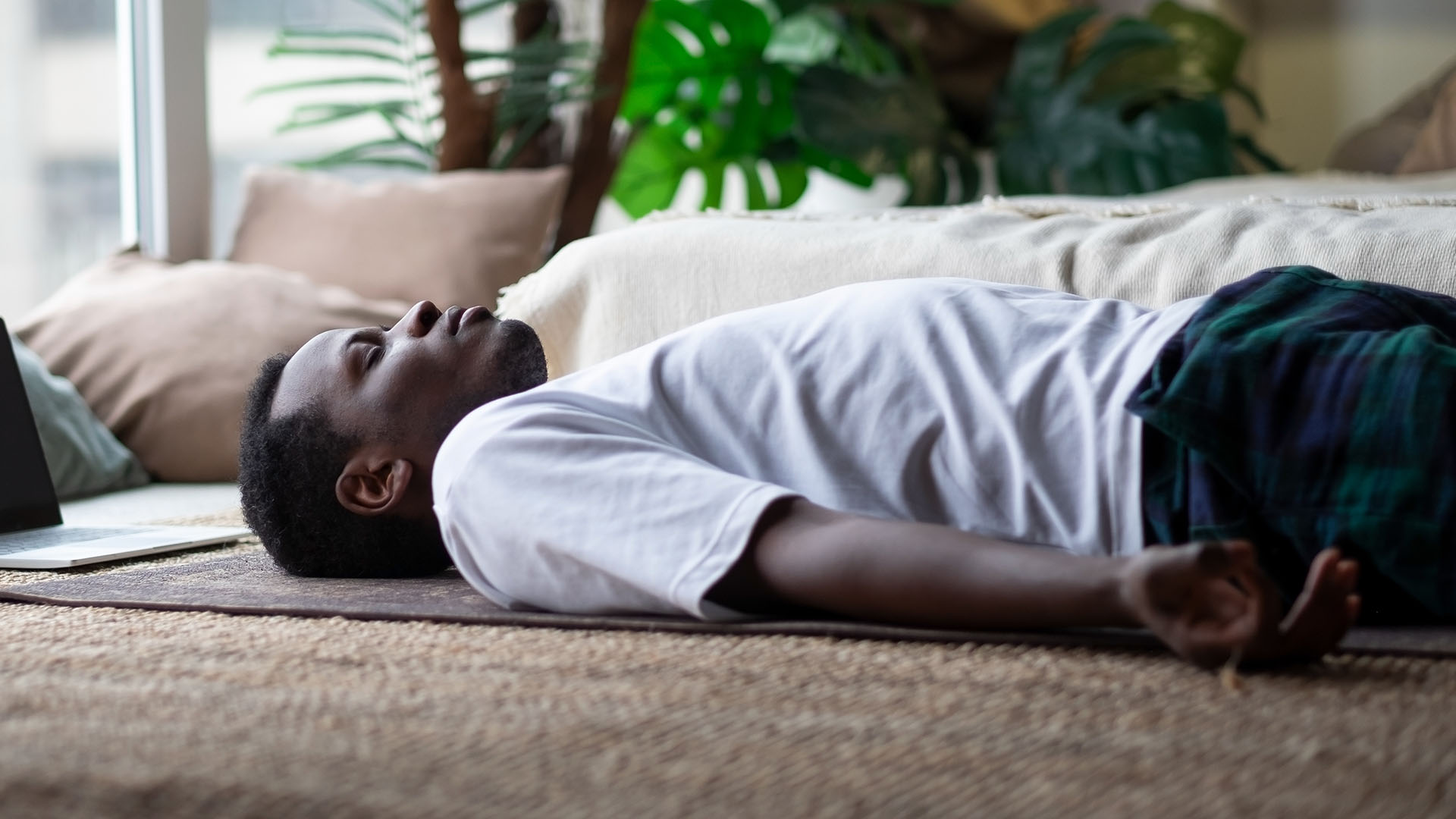
3. Think positively towards sleep
If you've spent several nights in a row tossing and turning, you might start to dread going to bed. Frustratingly, this mindset might be keeping you awake. Viewing your bed as a negative place, and sleep as something to fear, only adds to your stress.
The Soaak app counteracts this by sending you 'daily mindful intentions' — essentially, positive notifications. "If you can disrupt your your brain with that positive, mindful intention, it does wonders for your overall health and wellness," says Henry.
4. Optimize your bedroom for sleep
Tossing and turning from stress can be exacerbated by a bed that isn't right for you. The best mattress and best pillow for your sleep style should support the body while providing relief to the pressure points, so you wake up feeling refreshed.
And it's not all about the bed. Light is another cortisol trigger (that's why the sunrise wakes you up). But a pair of blackout curtains or an eye mask can help you enjoy relaxing darkness.
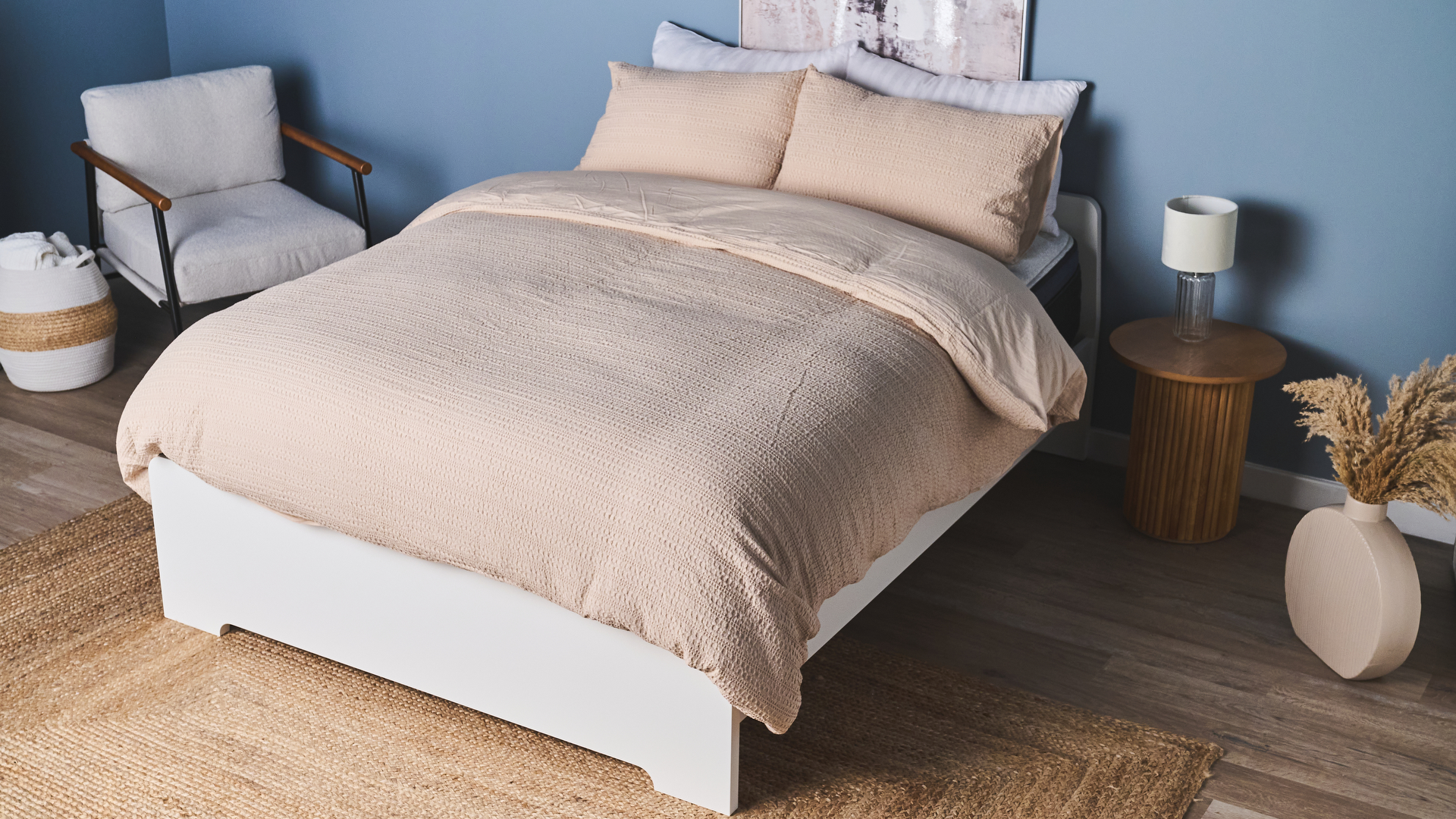
5. Put away social media
"You might think that scrolling through YouTube or scrolling through TikTok would not get your fight or flight system going, but it does," says Henry. Whether it's a message you forgot to reply to or a frustrating post from a coworker, there are plenty of ways your phone could send you a fresh spike of cortisol right before bed. To avoid the stress, put it away.

Henry Penix (Drhc), Co-founder and CEO of Soaak Technologies, is a distinguished leader renowned for his remarkable achievements in global business ventures. With a strategic mindset and a profound grasp of business operations, Henry has been at the helm of guiding the company to unprecedented growth and success. As a visionary entrepreneur, he has played a pivotal role in shaping the trajectory of Soaak Technologies, harnessing the potential of AI and machine learning to drive innovative health technology solutions.

Dr. Paul Harris (ND) serves as the Medical Director of Soaak Technologies, bringing with him an impressive background of over 50 years in Naturopathic and Functional medicine. Holding a Doctor of Naturopathy degree, Dr. Harris is also a certified QRA practitioner and Natural Health Care Practitioner. His expertise is further solidified by completing a specialized three-month training program with Dr. Dale Bredesen, MD – an internationally recognized expert in neurodegenerative diseases such as Alzheimer's in "Reversing Cognitive Decline" at The Institute For Functional Medicine. He has also completed "Cognitive Fitness and Fighting Inflammation" studies at Harvard Medical School.

Ruth is a staff writer at Tom’s Guide, covering all things mattress and sleep. She has a deep interest in the link between sleep and health, and has tried enough mattresses to know the right bed really can make a difference to your wellbeing. At Tom’s Guide she writes to help people sleep better, from how-tos to the latest deals to mattress reviews, and has interviewed an array of specialists who share her passion. Before joining the team at Tom’s Guide, Ruth worked as a sleep and mattress writer for our sister website, TechRadar.
